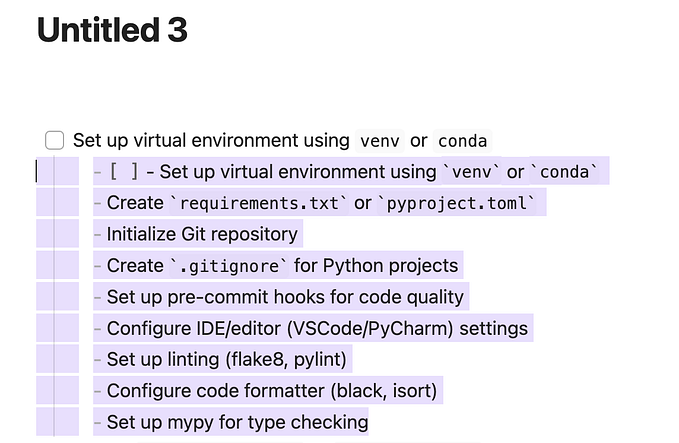Digma 1.0 is launching 🚀
Developer Continuous Feedback for the rest of us
After months of development that actually started in a Medium blog post, I’m happy to share Digma is launching today to offer some new ways to use feedback when coding.
The vision was clear from the beginning: I saw how developers have access to amazing information, courtesy of major advances in observability, but are using very little of that. With a small team, we set out to build a platform that would have one goal: Make all of that raw ‘junk’ data invaluable, and not just after the fact but during development itself!
We recognized that there are three challenges to be solved:
- No cognitive effort requirements: If developers need to analyze the raw data to make sense of it themselves, it's probably never going to happen. Especially if you take into account that 90% of the time they’ll run a complete investigation only to find nothing. To solve that we had to build an intelligent engine that would constantly analyze the observability data to find concrete issues in the code.
- Integrated interface: Dashboards are a reactive experience. You must learn to consult them, you. must learn to read them. We opted instead to integrate the user experience into the IDE so the data is always in your peripheral vision as a developer.
- Code-centric: There are many APMs that deal with services, SLAs SLOs, and other metrics. The problem is that those are not often translatable to specific code that needs to be improved or a recent regression that was checked in. Digma’s first-class citizens are the classes, events, methods, and properties in your code as well as synchronous and asynchronous flows running through them.
I’m excited to be able to share Digma today with more developers and I’m looking forward to your thoughts and feedback!









